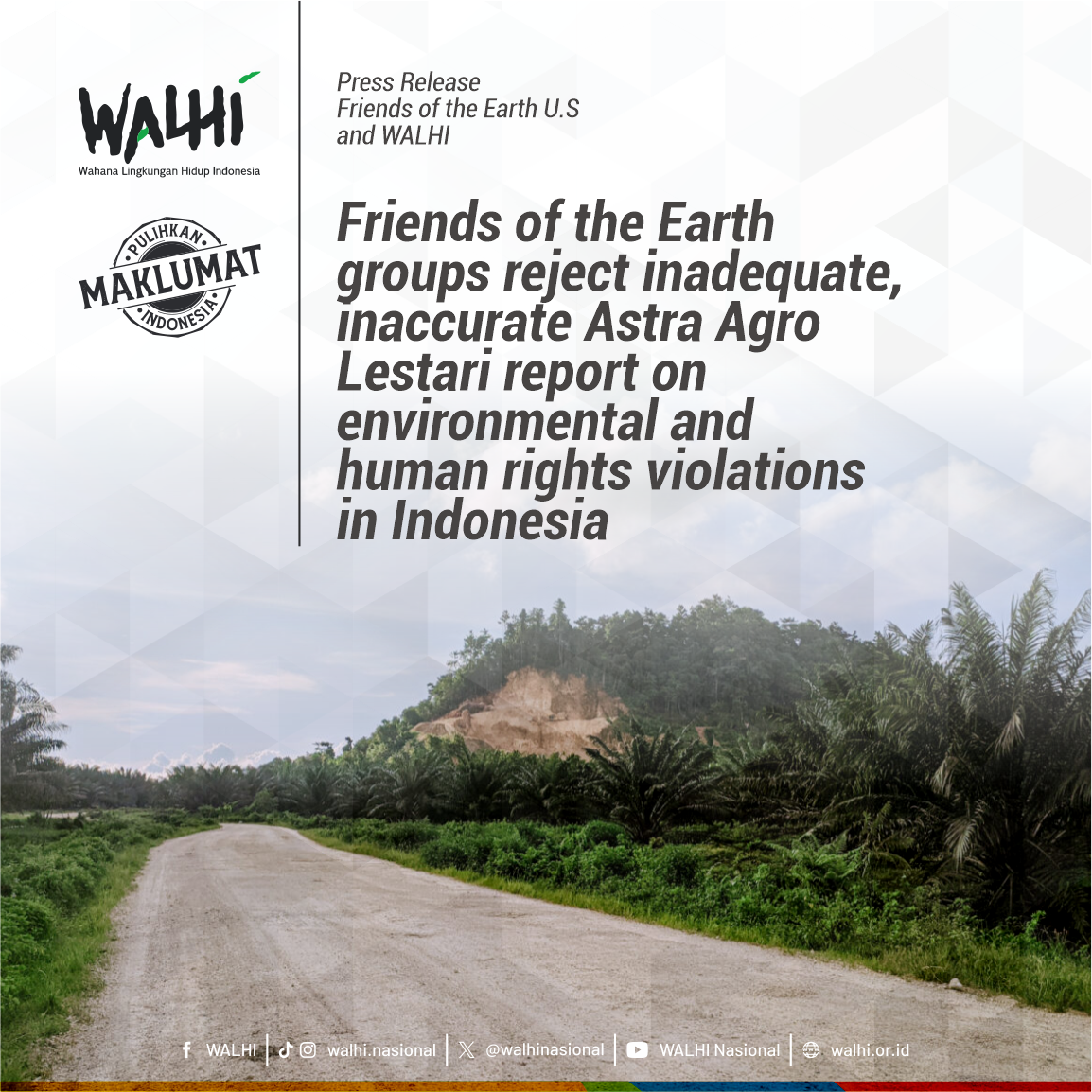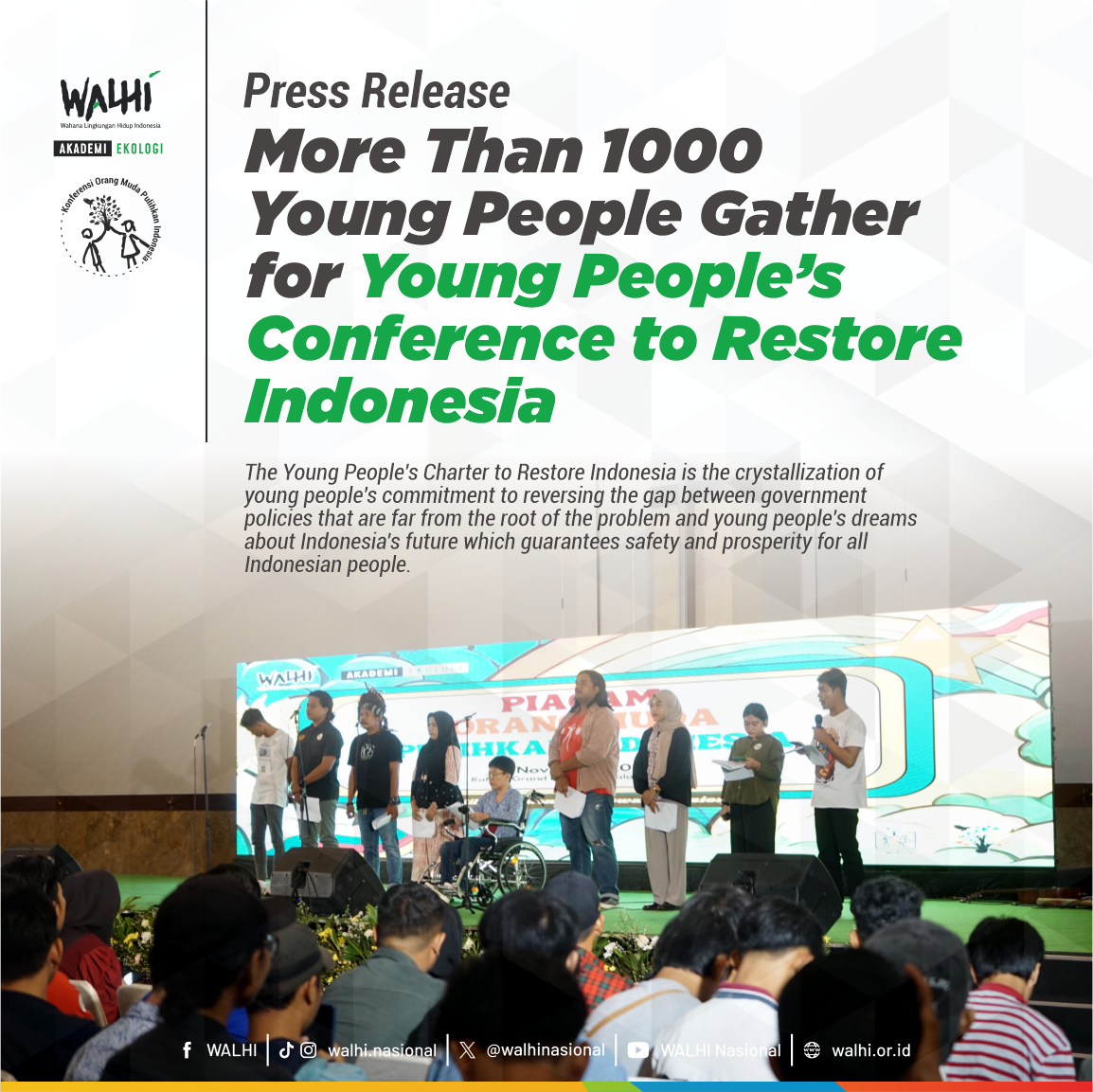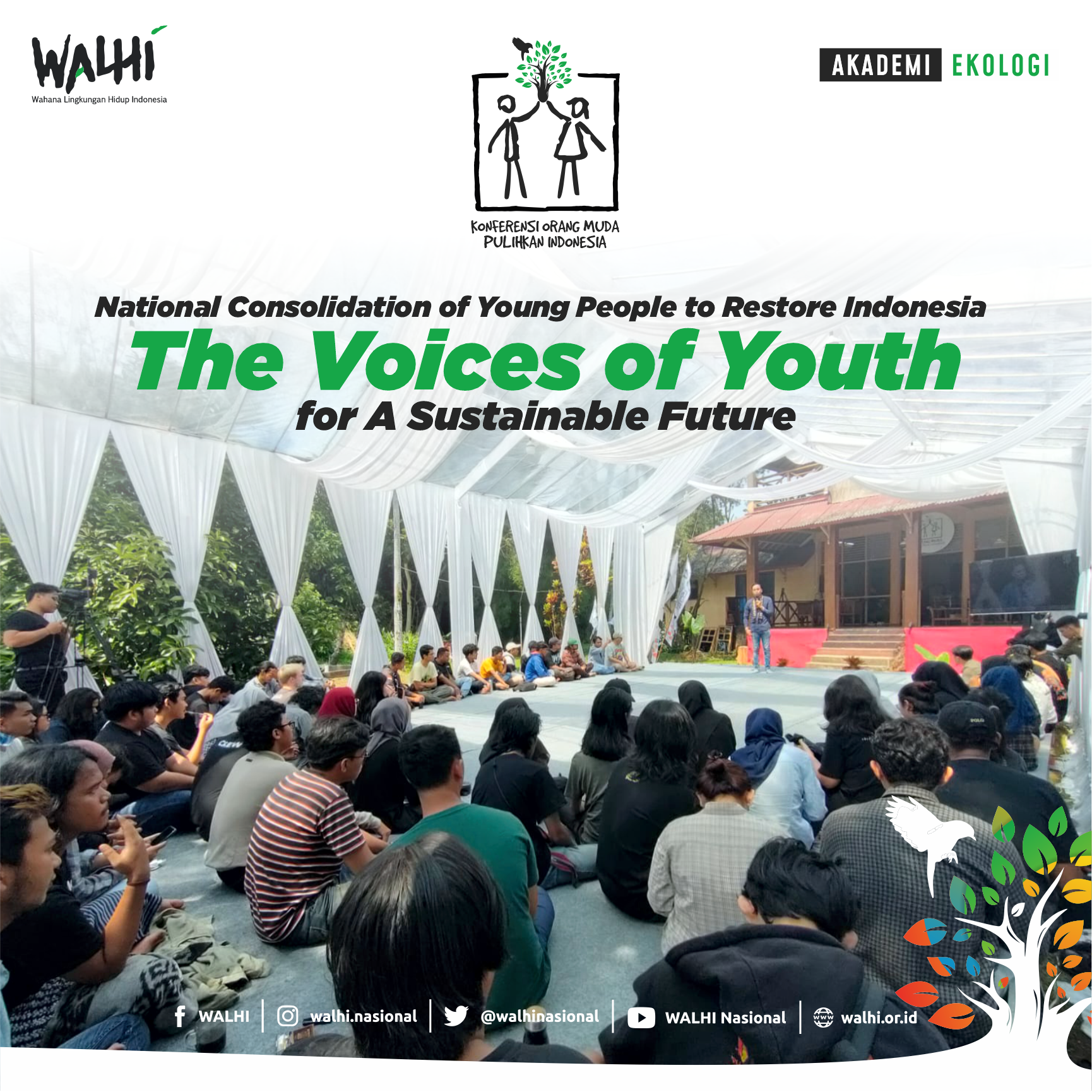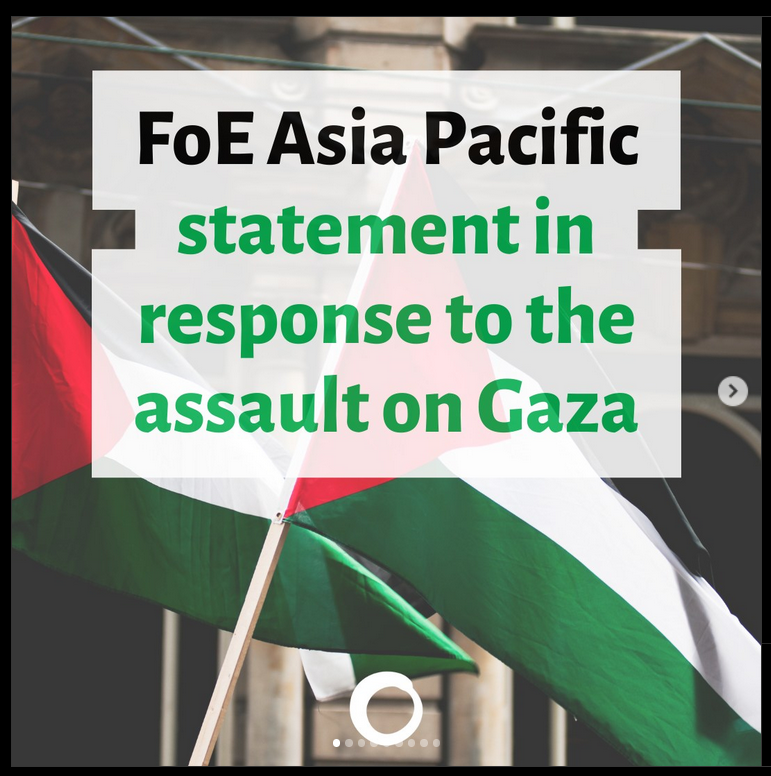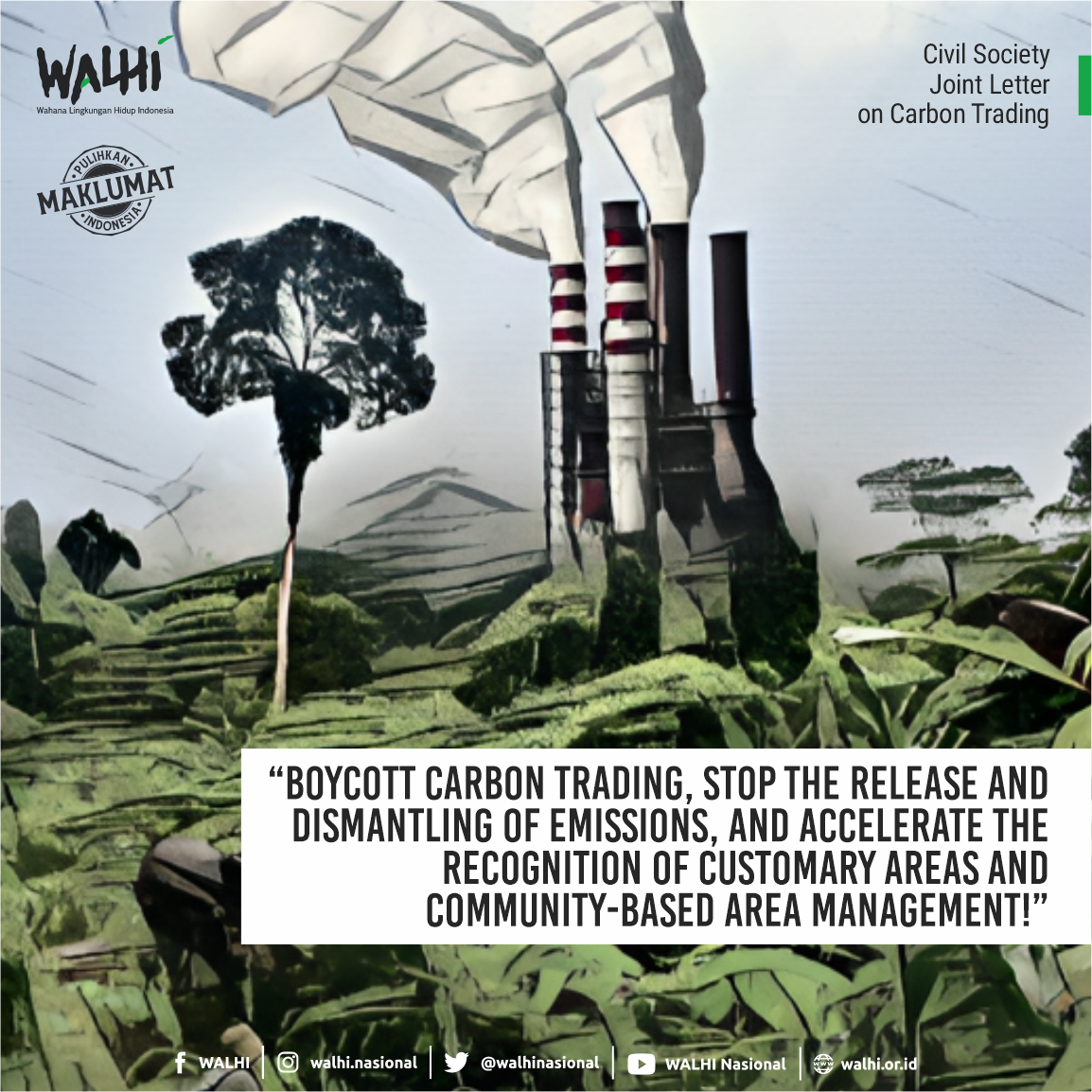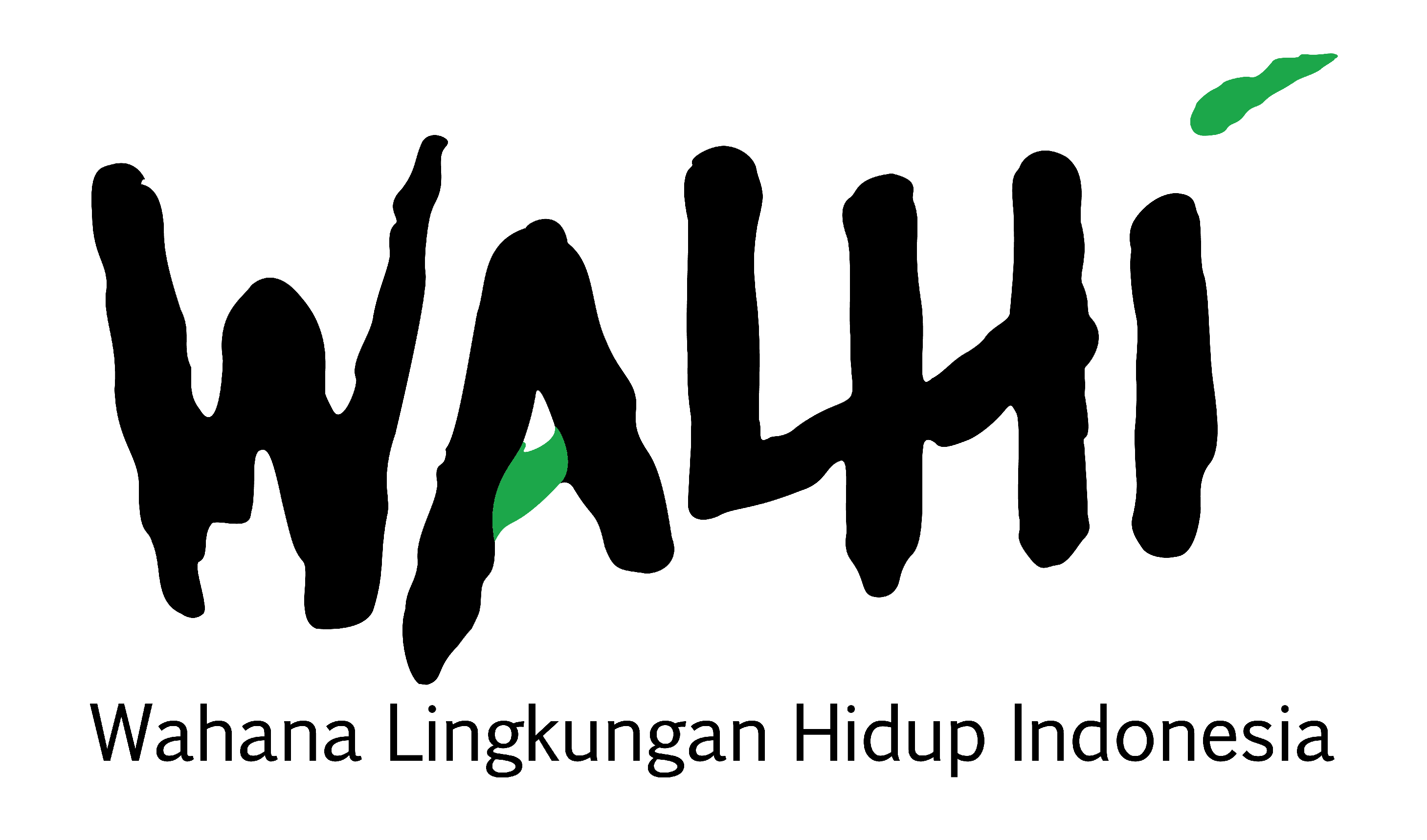Certification does not stop deforestation and land grabs. We need a strong European Union anti-deforestation law, argues Uli Arta Siagian, of WALHI - Friends of the Earth Indonesia.
Uli Arta Siagian June 1, 2022
While consumers in Europe think that the palm oil in their peanut butter is sustainable, that dairy cattle eat responsible soy and the garden chairs from the DIY store come from well-managed forests, this is completely uncertain. After almost 30 years of certification of 'responsible' agricultural products such as wood, palm oil and soy, the certification system is as leaky as a basket. According to the Roundtable on Sustainable Palm Oil (RSPO), which issues the label for sustainable palm oil, member companies are obliged to prevent deforestation. But that doesn’t work out.
Deforestation often occurs by burning down forests. 2015 and 2019 were disaster years due to the gigantic forest fires in my country, Indonesia. Tens of millions of people were affected by the smog, 1.5 million people developed acute respiratory infections and a study calculated that 100,000 people died prematurely in 2015.
Research shows that more than three quarters of the forest fires in 2019 took place at plantations that belonged to RSPO members. More than 535,000 hectares of palm oil plantations with a 'green label' are located in forest areas where conversion should never have taken place. That is more than three times the province of Gelderland in the Netherlands.
Deforestation, poor working conditions and land grabbing
Certification works as an excuse for financiers to keep controversial companies in the portfolio. The Dutch financial sector is the European champion of investing in 'deforestation risk products'. ING and Rabobank are even in the international top 10 of financial institutions that lend money to the soy sector. The largest palm oil companies in the world, such as Golden Agri-Resources, Socfin and Wilmar, also deliver to 'responsible' stores. They are RSPO members with certified plantations, but they are linked to abuses such as deforestation, poor working conditions or land grabs.
Land grabbing is a persistent problem in Indonesia. Land rights of indigenous and local communities are often not well or not at all enshrined in law. Or if they are included in legal or policy frameworks, the government does not follow them. Workers are exposed to chemicals without protection. They can barely get by on their wages and usually have no contract. Children help to achieve harvest goals, pregnant women work too long and transporting workers in open trucks is life-threatening.
Voluntary certification also means that there are no consequences if agreements are violated. The consultants who issue the certificate are paid by the company and the visits to the local population for verification are either not taking place or are extremely flawed. This means that abuses are the rule rather than the exception.
The label creates a false reality
Certified deforestation products such as soy, wood and palm oil do not always come from certified areas. The label creates a false reality. If you can't determine where products come from, you can't know whether they have led to deforestation. Nevertheless, confidence in certification remains stubborn, also among the Dutch government.
Many European governments would like to see businesses clean up their own mess. But whether it concerns child labour, deforestation or land grabs, a green label offers an excuse for every abuse. Certification is a multi-million dollar industry that hurts residents of countries like mine. It is therefore high time to replace non-binding agreements with solid legislation.
Strong anti-deforestation law
There is a proposal for a European Union anti-deforestation regulation and the coming weeks are crucial to make that law stronger. Representatives of companies in the feed and food industry are currently lobbying hard to get the failing certification enshrined in the law. We call on governments in Europe not to heed this and to vote in favor of a robust law which prevents human rights violations and deforestation.

